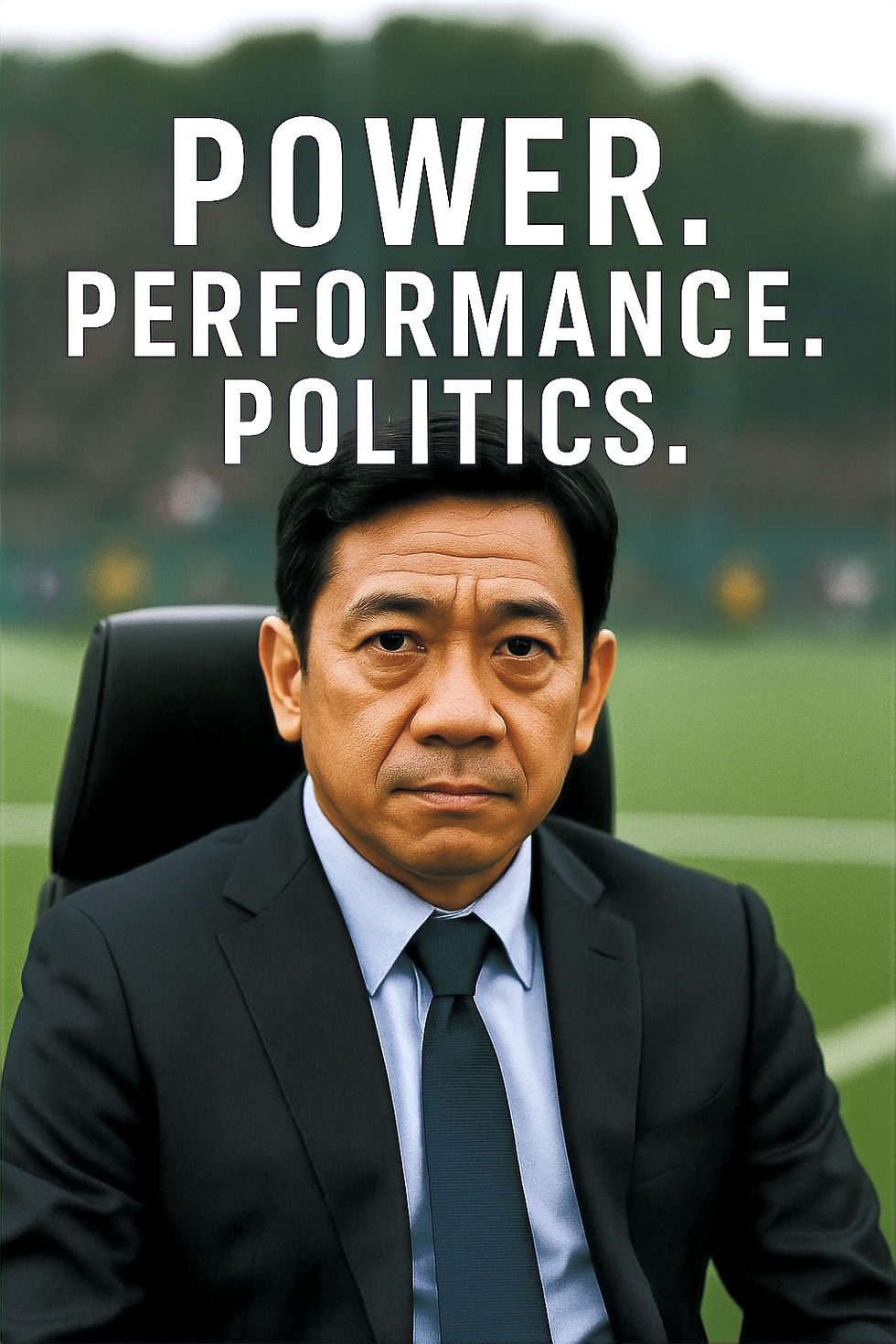Power Play 03: The Cost of Compassion Without Boundaries
- Edward Graves
- May 20, 2025
- 2 min read
Updated: May 26, 2025
POWER. PERFORMANCE. POLITICS.
Power Play 03: The Cost of Compassion Without Boundaries
Law 10: Avoid the Unhappy and Unlucky
Metaphorical Truth: You can’t build a legacy while babysitting dysfunction.

Opening Story: The Emotional Rescue Trap
In leadership, it's easy to fall into the trap of trying to "save" someone—be it a colleague, friend, or partner. You see their potential, their struggles, and you believe your support can make the difference. But often, this emotional investment turns into a drain on your time, energy, and resources, pulling you away from your own goals and responsibilities.
In the Boardroom – Executive Insight
The Problem: Leaders often keep underperforming employees out of loyalty or a belief in their potential, hoping they’ll improve. This emotional attachment can cloud judgment, leading to
prolonged inefficiencies and team dissatisfaction.
From Experience: A CEO once shared how retaining a long-time friend in a key role, despite repeated failures, led to lost clients and internal discord. The eventual decision to let them go was painful but necessary for the company's health.
The Strategy: Assess team members objectively. Personal relationships should not override professional standards.
The Power Play: Prioritize the organization's mission over individual attachments. Sometimes, the most compassionate act is to let someone go.
On the Sideline – Coaches
The Problem: Coaches may tolerate disruptive behavior from star athletes, fearing the team's performance will suffer without them. This can undermine team cohesion and respect for leadership.
Case Study: At Indiana University Indianapolis, men's basketball coach Paul Corsaro was dismissed following complaints about a toxic environment, including allegations of abuse and intimidation. Despite a better season record, the university prioritized the well-being of its athletes over short-term success.
The Strategy: Establish clear behavioral expectations and enforce them consistently, regardless of a player's talent.
The Power Play: Build a team culture where respect and accountability are non-negotiable, ensuring long-term success over short-term gains.
In the Office – Athletic Directors
The Problem: Athletic Directors may overlook or mishandle misconduct within their departments, leading to reputational damage and loss of trust.
Case Study: Former Rutgers AD Patrick Hobbs resigned amid an investigation into an undisclosed relationship with a coach he supervised, raising concerns about conflict of interest and oversight.
The Strategy: Maintain transparency and enforce ethical standards at all levels of the organization.
The Power Play: Lead by example, demonstrating that accountability starts at the top, thereby fostering a culture of integrity.
For Those Who Move Different
Leadership requires difficult decisions, especially when personal relationships are involved. It's essential to recognize when emotional attachments hinder progress and to take decisive action to uphold the organization's values and objectives.
Call to Reflection
Have you allowed personal relationships to cloud your professional judgment?
What steps can you take to ensure accountability within your team?
How can you balance compassion with the need for performance and integrity?
#PowerPerformancePolitics #TheLivingFitProject #PowerPlay03 #LeadershipUncoded #FromFieldToFrontOffice #CoachesCorner #ADLife #BlackExcellenceImplied #PlayerAccountability #TrustWithStructure #ProfessionalBoundaries #AthleteToExecutive



Comments